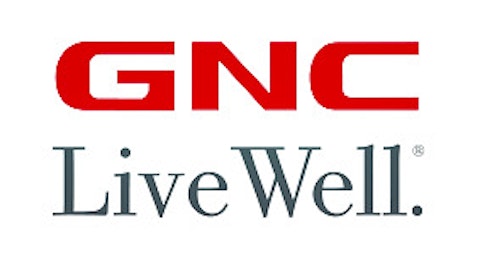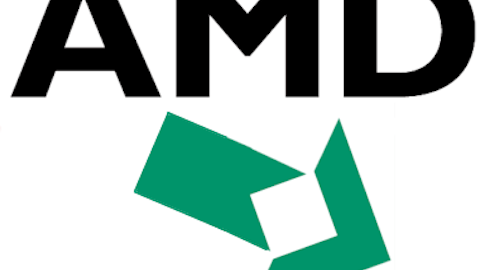Investors were undeterred by the poor quarterly results that Barnes & Noble, Inc. (NYSE:BKS) released last week. Shares in the bookseller are up 5% in early trading, and it seems likely that the rally will hold out through the day. It’s an unlikely jump, as the company reported lackluster sales of both digital and physical inventory. On the conference call, CEO William Lynch laid out the future of the company, saying of the newest Nook devices, “Despite generating very strong reviews and the highest preorder volume we received on any NOOK launch to date, sales of those products didn’t materialize at the rate we expected through holiday.”

The tragedy of the commons
Barnes & Noble, Inc. (NYSE:BKS)is a poster child for the victim of its own success. By helping to popularize the Nook and the e-reader concept, it made the market attractive to other companies, which subsequently squeezed Barnes & Noble, Inc. (NYSE:BKS) out. The biggest of these is obviously Amazon.com, Inc. (NASDAQ:AMZN) , which has a stronger background in technology, and is pushing the envelope on low customer costs. On the earnings call, Barnes & Noble called out Amazon as being the other main player in the e-book market due to its content licensing.
That licensing is where Barnes & Noble, Inc. (NYSE:BKS) sees itself earning the bulk of its revenue over the next few years. The mold that the company has in mind is the deal struck with Microsoft Corporation (NASDAQ:MSFT) last year. Microsoft is currently pumping $20 million per month into the Nook business, and is being paid back in revenue sharing. That stream of cash, along with the cash generated by the college bookstore business, has so far kept the Nook business afloat. But that system now seems unsustainable. Revenue in the Nook segment declined 26% last quarter, but revenue from content increased 7%.
The tragedy of the everything-else
The most alarming number wasn’t the fall in Nook revenue, though — that was expected after the company’s holiday sales release. Investors also discovered that the physical stores were doing worse than anticipated. Comparable sales in the retail business, excluding Nook sales, were down 2.2%. If the Nook is included, comparable sales were down 7.3%. That changes the calculus on a buyout from chairman and founder Leo Riggio.
Riggio hasn’t said what he’s willing to pay for the business, but he has said that he’s most interested in the retail assets, wanting to leave the Nook out of the deal. I originally argued that that was going to be a boon for investors, who have watched the Nook drag down sales while having the company’s own value underestimated due to the weakness of the combined retail-Nook business. I’m not so sure that’s the case anymore. The retail business is in its own dire straits, and Riggio’s buyout would need to be more turnaround than takeover.
Regardless of how that deal turns out, the Nook will be going through a lot of changes over the next year. Management is set on cutting back on costs and inventory, in effect paring the business back to focus on content. As CFO Michael Huseby explained on the call, the Nook business is debt-free right now, but it has payments it still needs to make to Microsoft. That non-debt is going to be paid off through digital content sales.
Lynch pointed out the value of digital directly, saying, “Digital content is a profitable business for us. We carry approximately 30% gross margins and obviously has no inventory associated with it.” Compared to the overall business, which generated a gross margin of 25%, it’s an excellent generator of extra cash. That’s something that investors on both sides of the retail-Nook divide need to keep in mind.
The bottom line
While I’ve generally been upbeat about the future of a divided Barnes & Noble, this report set my enthusiasm back. I’m very worried that Barnes & Noble might be doing too little, too late. The value of the Nook business certainly may rest in the digital content, but the Nook branding and technology can’t just be abandoned. I’ll be interested to see how that side of the business gets toned down over the next year. More immediately, I’m interested in what Riggio has to say about the retail business, and where he thinks it can generate extra value for investors. His inside view of things should be eye-opening for everyone.
The article Barnes & Noble’s Dangerous Decision originally appeared on Fool.com and is written by Andrew Marder.
Fool contributor Andrew Marder has no position in any stocks mentioned. The Motley Fool recommends Amazon.com. The Motley Fool owns shares of Amazon.com and Microsoft.
Copyright © 1995 – 2013 The Motley Fool, LLC. All rights reserved. The Motley Fool has a disclosure policy.





